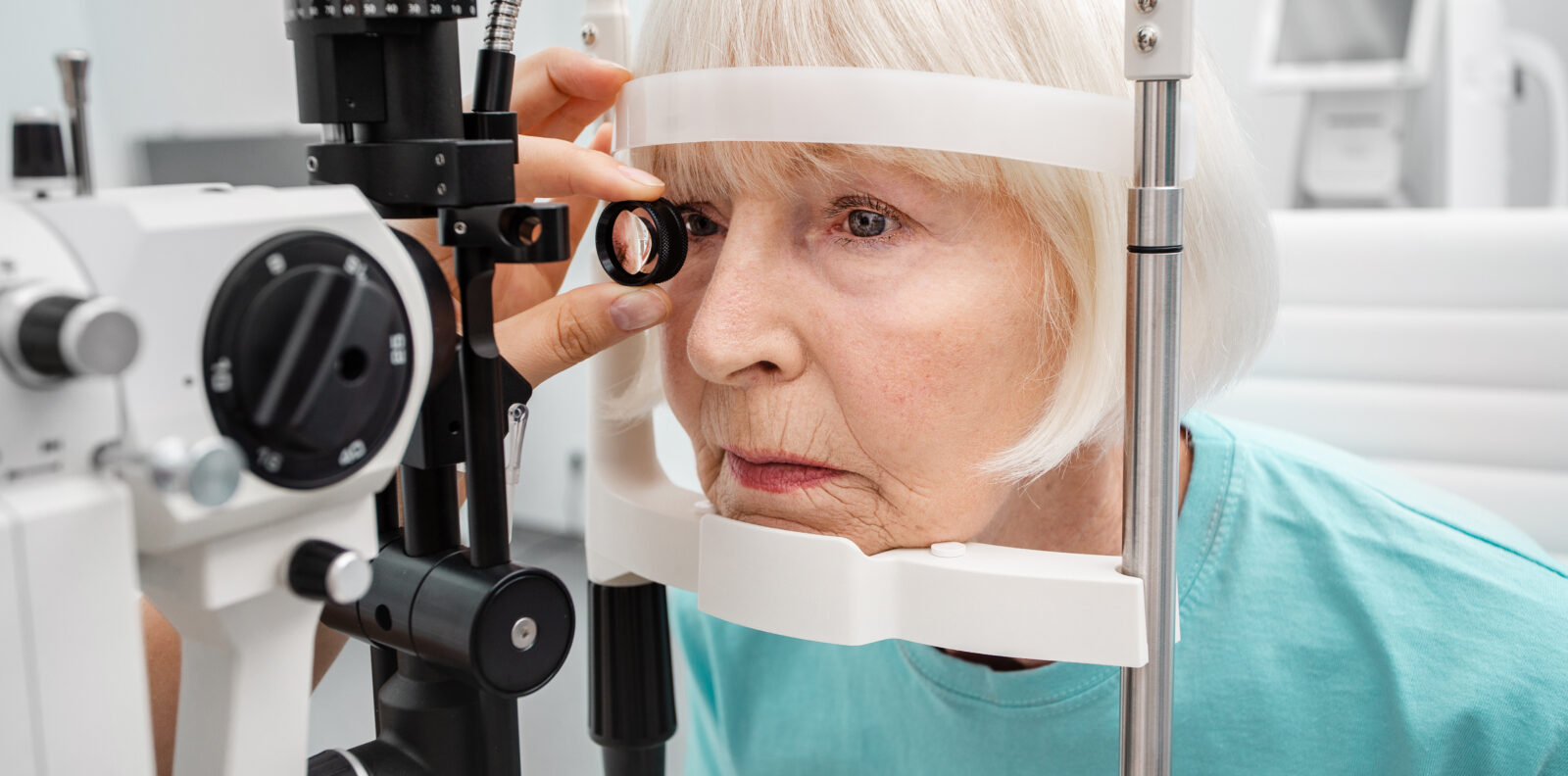Hollenbeck Palms
Study links vision condition and Alzheimer’s

Benson’s Syndrome is a rare neurodegenerative disorder leaving a distinct mark on those it affects. With unique challenges stemming from its rareness, this condition quietly disrupts various aspects of daily life. Characterized by symptoms like vision impairments, difficulties recognizing familiar faces, and challenges in reading and judging distances, Benson’s Syndrome, also known as Posterior cortical atrophy, presents a nuanced yet complex neurological puzzle.
Now, a new study connects it with Alzheimer’s disease. How are the intricate threads of these two neurological enigmas woven together?
The study, conducted by researchers from the University of California, San Francisco, revealed a significant connection between Benson’s Syndrome and Alzheimer’s disease. Their findings indicated that approximately 94 percent of individuals diagnosed with this rare vision disorder also exhibited Alzheimer’s symptoms.
Researchers estimate that around 32 million individuals are currently living with Alzheimer’s disease, a form of dementia. Additionally, another 69 million people are at the prodromal stage, characterized by mild cognitive impairment. These statistics underscore the widespread impact of dementia symptoms and Alzheimer’s, highlighting the urgent need for awareness and research.
Prior research indicates that alterations observed in the brain during Alzheimer’s disease may manifest in the retina of the eye. Scientists have documented corresponding changes in the eyes, factors like contrast sensitivity essential for reading, color vision and visual field loss.
The study explores the impact of Alzheimer’s on the eye by studying the effects of Benson’s syndrome.
Beyond vision impairments, individuals with Benson’s syndrome may face challenges such as confusion, anxiety, difficulties in driving and struggles with reading words and numbers. Common symptoms of Alzheimer’s, including memory loss, spatial awareness issues and difficulties in speaking and writing, underscore the extensive impact of neurodegenerative disease and their potential links.
Consider that posterior cortical atrophy is likely the second most common way Alzheimer’s disease presents itself, right after memory loss. The revelation sheds light on the interplay between these neurological conditions, marking a crucial discovery in the field of cognitive health.
A path forward
Alzheimer’s disease is biologically characterized by the accumulation of toxic proteins known as plaques and tangles in the brain, leading to dysfunction and loss of brain tissue. Typically, these proteins affect memory regions early in the disease, but in posterior cortical atrophy, their early accumulation occurs in the visual areas situated in the back (posterior) parts of the brain, a phenomenon not entirely understood.
Researchers are optimistic that these discoveries will prompt more thorough screening for the early detection of Benson’s syndrome. Their expectation is that neurologists and eye care professionals will give close attention to posterior cortical atrophy in individuals with gradual vision loss, especially when the cause is unclear from primary eye disease.
Early brain scans like MRI are crucial to distinguish between eye and brain issues. Additional tests, such as PET scans, spinal fluid examinations, or blood tests for Alzheimer’s disease proteins, confirm a diagnosis of posterior cortical atrophy linked to Alzheimer’s. This proactive approach improves diagnostic accuracy and enables timely care planning, offering hope for addressing neurodegenerative challenges more effectively.
Hensel Memory Enhancement Center
The Hensel Memory Enhancement Center at Hollenbeck Palms extends professional, compassionate and secure support to residents experiencing advanced dementia symptoms. Recognizing that as Alzheimer’s or other dementia conditions progress, the need for specialized care outside the home may arise, our Los Angeles dementia facility offers a thoughtful and engaging approach to care.
Hollenbeck Palms provides a nurturing environment with a free-standing facility spanning two floors. Our offerings include private and shared suites, an expansive dining room and kitchen, designated activity areas, and a secure enclosed garden.
To ensure the highest quality of care, our staff has undergone training by internationally recognized dementia care expert Laura Wayman, known as the Dementia Whisperer. Her expertise in effective and compassionate communication has been imparted to our entire team.
The Hensel Memory Enhancement Center is committed to promoting individualized engagement that contributes to cognitive, physical, spiritual and psychological well-being.
We prioritize understanding the complete individual, acknowledging their distinct qualities and capabilities in the present moment. This enables us to formulate personalized activity and care plans tailored to the specific needs of each person. The personalized engagement programs include fitness, mental stimulation and creative expression opportunities.
Our services and amenities are designed to create a safe, supportive and loving space for residents, reflecting our dedication to their holistic care.
If you need additional information, please don’t hesitate to contact Zhana Dubin, our Marketing Director, by calling 323.307.4505 or by emailing [email protected].


